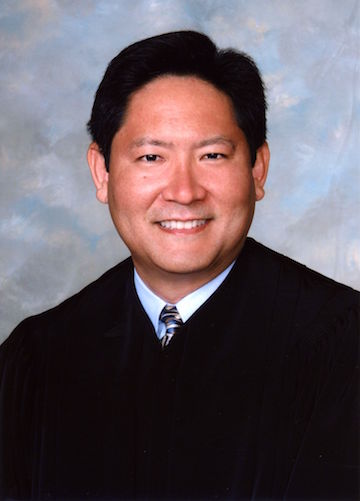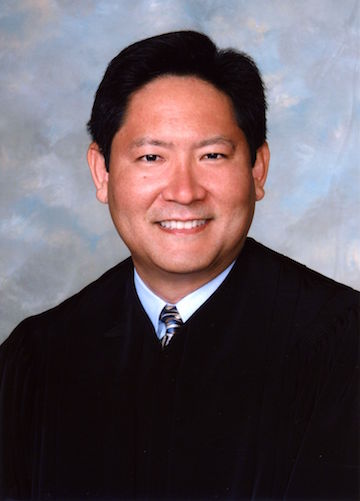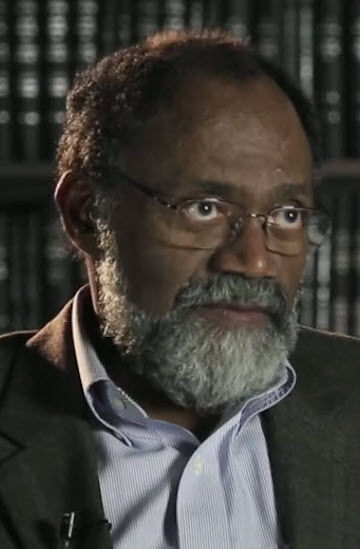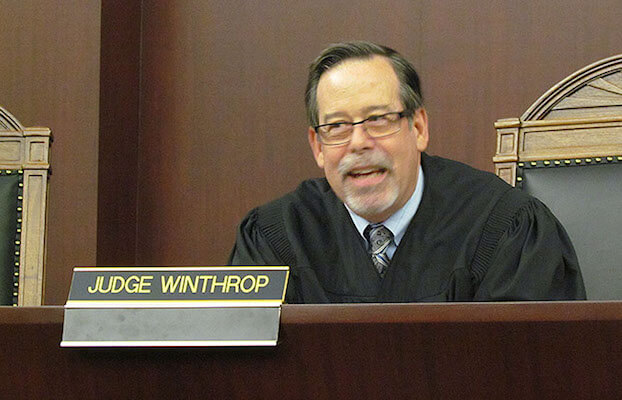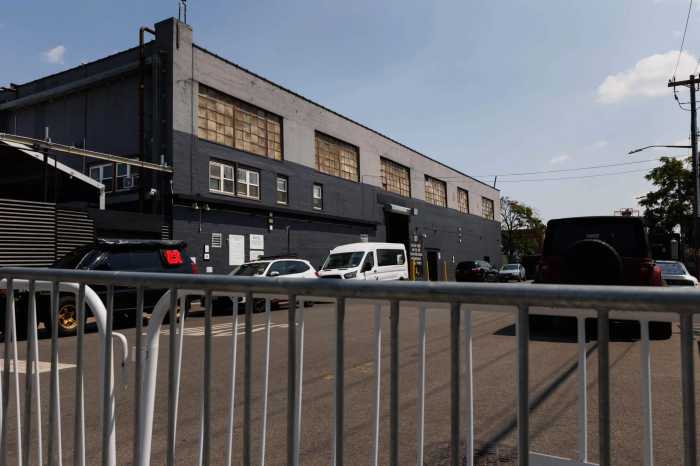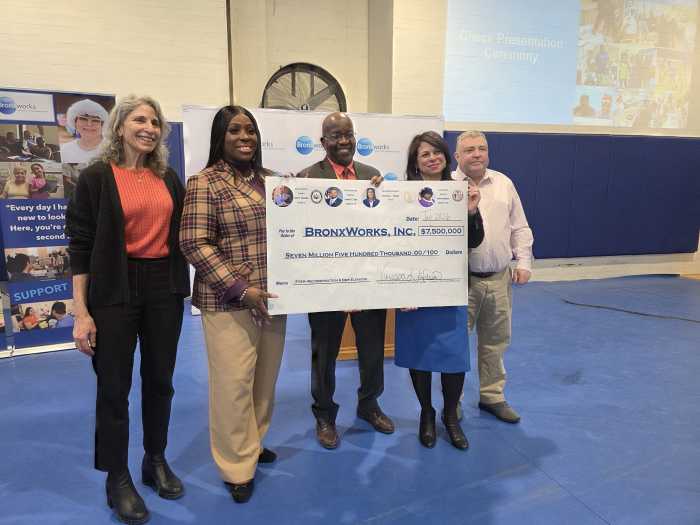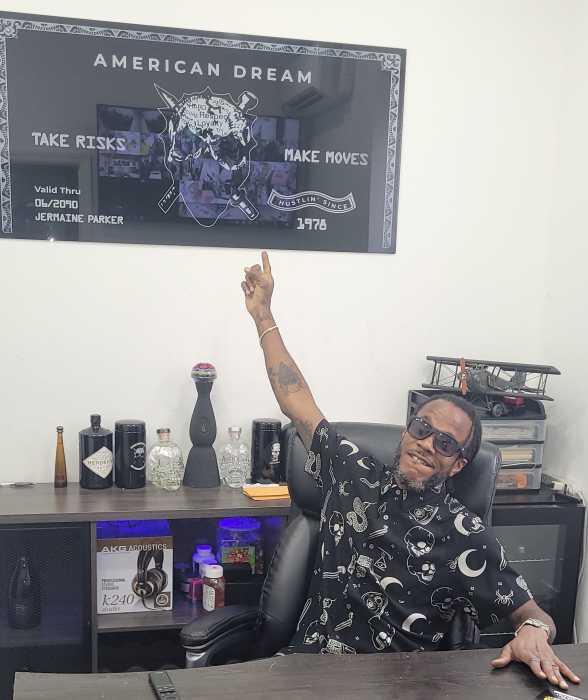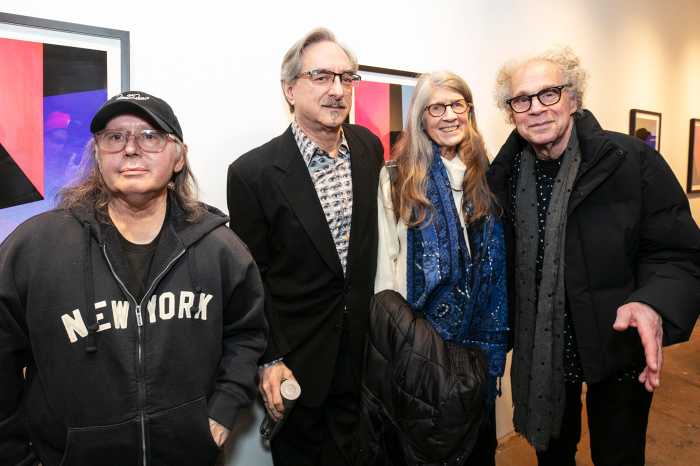Chief Judge Craig Nakamura of the Intermediate Court of Appeals of Hawaii wrote the opinion in a case where a lesbian couple successfully asserted that they faced discrimination from a bed & breakfast operator. | HAWAII STATE BAR ASSOCIATION
The Intermediate Court of Appeals of Hawaii has affirmed a ruling by the state’s First Circuit Court that an owner-occupied bed & breakfast violated the state’s public accommodations law by refusing to rent a room to a lesbian couple from California seeking vacation accommodations.
The opinion for a three-judge panel of the court by Chief Judge Craig Nakamura rejected the defendant’s argument that her constitutional rights were violated and also rejected her argument that because the B&B is owner-occupied it is entitled to an exemption under a law governing residential real estate transactions.
Hawaii appeals court rejects free exercise, privacy rights to deny lesbians service
Diane Cervelli emailed Aloha Bed & Breakfast to determine whether a room was available for a planned vacation, then followed up in a phone call with the owner, Phyllis Young, about making a room reservation for herself and her partner, Taeko Bufford. Everything went well on the telephone until Cervelli mentioned that she was reserving for herself and another woman. Young asked if Cervelli and the other woman were lesbians. When Cervelli answered, “Yes,” Young said, “We’re strong Christians. I’m very uncomfortable in accepting the reservation from you.” Young then hung up on Cervelli.
Bufford then called and received the same treatment.
“Apart from Plaintiffs’ sexual orientation,” wrote Judge Nakamura, “there was no other reason for Young’s refusal to accept Plaintiffs’ request for a room.”
Each of the women filed a complaint with the Hawaii Civil Rights Commission, alleging a violation of the state’s public accommodations law. The Commission found “reasonable cause” to believe that Aloha B&B had violated the statute, but bowed to the plaintiffs’ desire to file a court action rather than pursue the matter administratively, issuing them a “right to sue letter.” After the lawsuit was filed in the circuit court, the Commission intervened as a co-plaintiff.
The law’s definition of “public accommodation” includes “an inn, hotel, motel, or other establishment that provides lodging to transient guests,” and lists “sexual orientation” as a prohibited ground for discrimination. A different statute, governing residential leases, however, provides an exemption from anti-discrimination requirements for “the rental of a room or up to four rooms in a housing accommodation by an owner or lessor if the owner or lessor resides in the housing accommodation.”
Aloha B&B argued that it was entitled to the owner-occupied premises exemption, but both the circuit court and the court of appeals disagreed, finding that the exemption was intended to govern residential leases creating a landlord-tenant relationship in which the tenant resides in the premises for an extended period of time, not for “transient” customers staying a few days at best and are not establishing their residence in the rented rooms.
The court said that it was “clear based on the plain statutory language that Aloha B&B is a ‘place of public accommodation,’” and noted that the defendant had admitted in its pretrial statement that “it offers bed and breakfast services to the general public.” Reviewing the defendant’s advertising practices and data showing that the overwhelming majority of its customers — running up to 100 or more individuals a year — stay for only a few days, the court found Aloha was not eligible for the residential lease exemption.
The court noted that Aloha generally rented rooms to anybody who applied, denying services only to gay people and smokers.
Aloha raised three constitutional defenses.
First, it argued that requiring it to rent a room to this lesbian couple violated Young’s right of privacy.
“Aloha B&B argues that the right of privacy is ‘the right to be left alone,’” Nakamura wrote. “However, to the extent that Young has chosen to operate her bed and breakfast business from her home, she has voluntarily given up the right to be left alone. In choosing to operate Aloha B&B from her home, Young, for commercial purposes, has opened up her home to over one hundred customers per year, charging them money for access to her home. Indeed, the success of Aloha B&B’s business and its profits depend on members of the general public entering Young’s home as customers. In other words, the success of Aloha B&B’s business required that Young not be left alone.”
Nakamura continued, “The privacy right implicated by this case is not the right to exclude others from a purely private home, but rather the right of a business owner using her home as a place of public accommodation to use invidious discrimination to choose which customers the business will serve. We conclude that Young’s asserted right to privacy did not entitle her to refuse to provide Plaintiffs with lodging based on their sexual orientation.”
Next, Young claimed a violation of her right of “intimate association,” but the court rejected this claim as well.
“The relationship between Aloha B&B and the customers to whom it provides transient lodging is not the type of intimate relationship that is entitled to constitutional protection against a law designed to prohibit discrimination in public accommodations,” wrote Nakamura, again taking note of the large volume of customers passing through the premises for short stays over the course of a year. “The hundreds of customer relationships Aloha B&B forms through its business is far from the ‘necessarily few’ family-type relationships that are subject to constitutional protection. With respect to the purpose for which the relationship is formed, Aloha B&B forms relationships with its customers for commercial, business purposes, and it is only the commercial aspects of the relationship” that the public accommodations law regulates.
Young testified that the “primary purpose” of the B&B is to “make money,” wrote Nakamura, and, “She also admitted that if she could not make money by running Aloha B&B, she ‘wouldn’t operate it.’ Young does not operate Aloha B&B for the purpose of developing ‘deep attachments and commitments’ to its customers.”
Finally, Young made a “free exercise of religion” claim. This was doomed to fail under the US Constitution, since the Supreme Court has held that individuals and businesses do not enjoy a constitutional exemption from complying with a “valid and neutral law of general applicability on the ground that the law proscribes (or prescribes) conduct that his religion prescribe (or proscribes).”
Young, as a result, sought to base her argument on the State Constitution, arguing that the court should depart from federal constitutional precedents and “impose a compelling state interest requirement, and apply strict scrutiny in deciding its free exercise claim under the Hawaii Constitution.”
The court was unwilling to take the bait, stating, “We need not decide whether a higher level of scrutiny should be applied to a free exercise claim under the Hawaii Constitution than the United States Constitution. This is because we conclude that [the public accommodations law] satisfies even strict scrutiny as applied to Aloha B&B’s free exercise claim.” The state of Hawaii, the court concluded, “has a compelling interest in prohibiting discrimination in public accommodations,” and that the law is “narrowly tailored to achieve Hawaii’s compelling interest” in prohibiting such discrimination.
The court’s ruling affirmed the circuit court’s decision granting summary judgment in favor of the lesbian couple and their Civil Rights Commission co-plaintiff on the liability phase of the case. Unless the case goes up to the Hawaii Supreme Court, the next step would be to send it back to the circuit court for a determination of damages for the plaintiffs.
The plaintiffs are represented by Lambda Legal staff attorney Peter C. Renn and local Hawaii counsel Jay Handlin and Lindsay N. McAneeley of Carlsmith Ball LLP. Robin Wurtzel, Shirley Naomi Garcia, and April L. Wilson-South represented the Civil Rights Commission in the case.
And — no surprise, here — Aloha B&B is represented by attorneys from Alliance Defending Freedom, a litigation organization that opposes LGBTQ rights at every opportunity.

